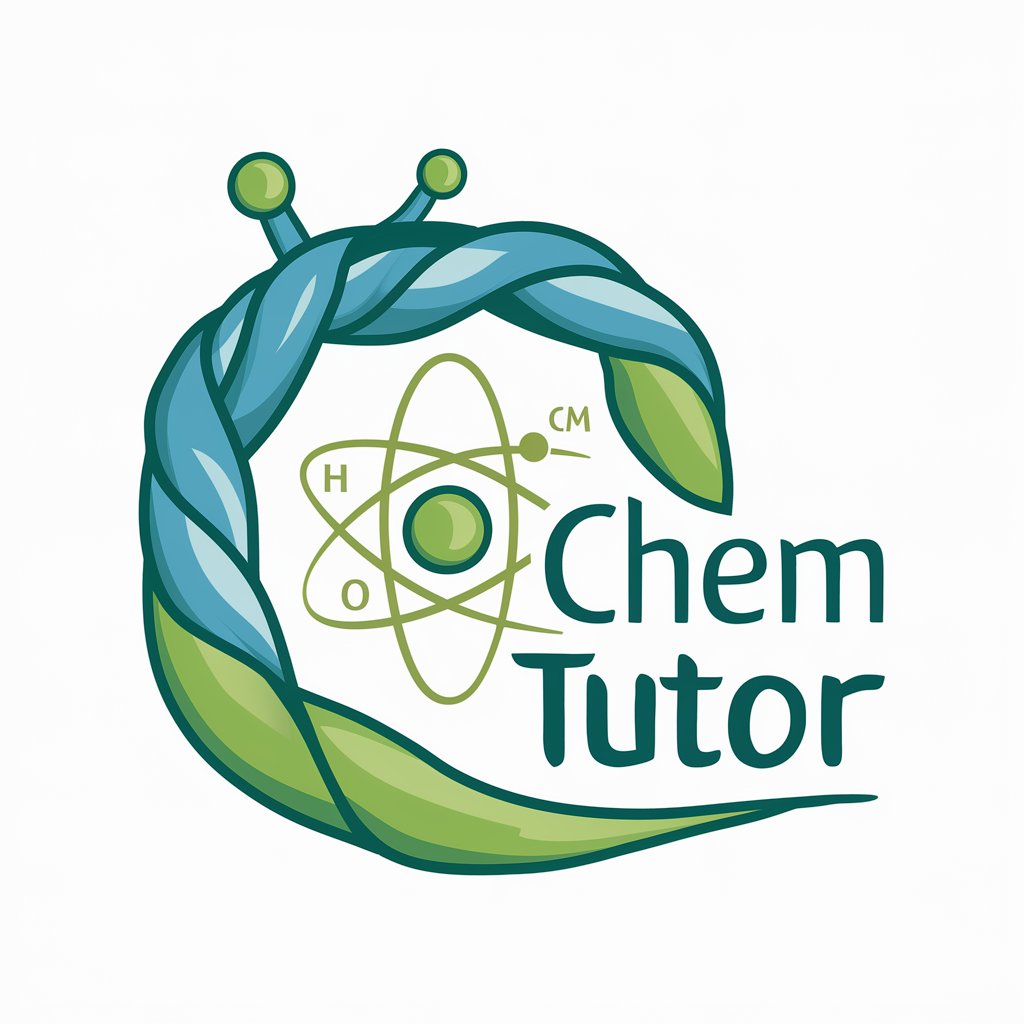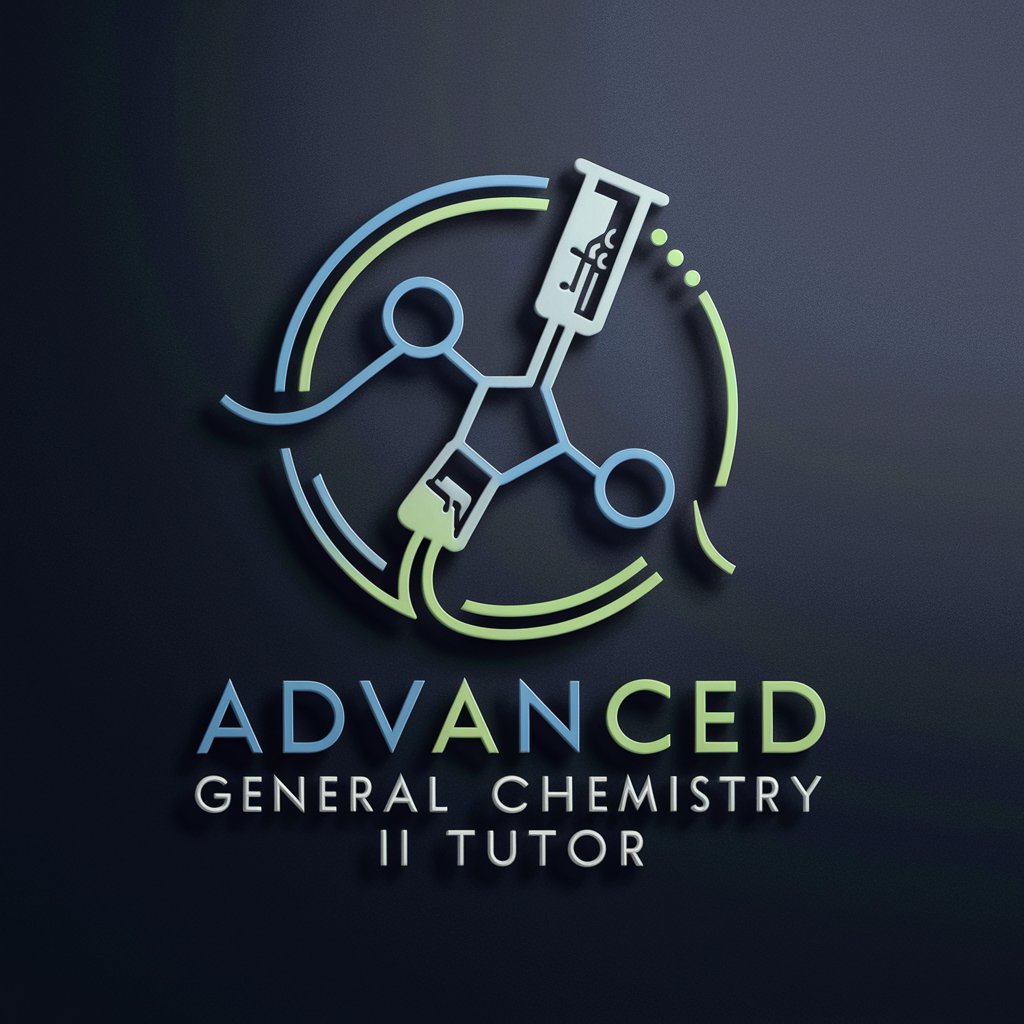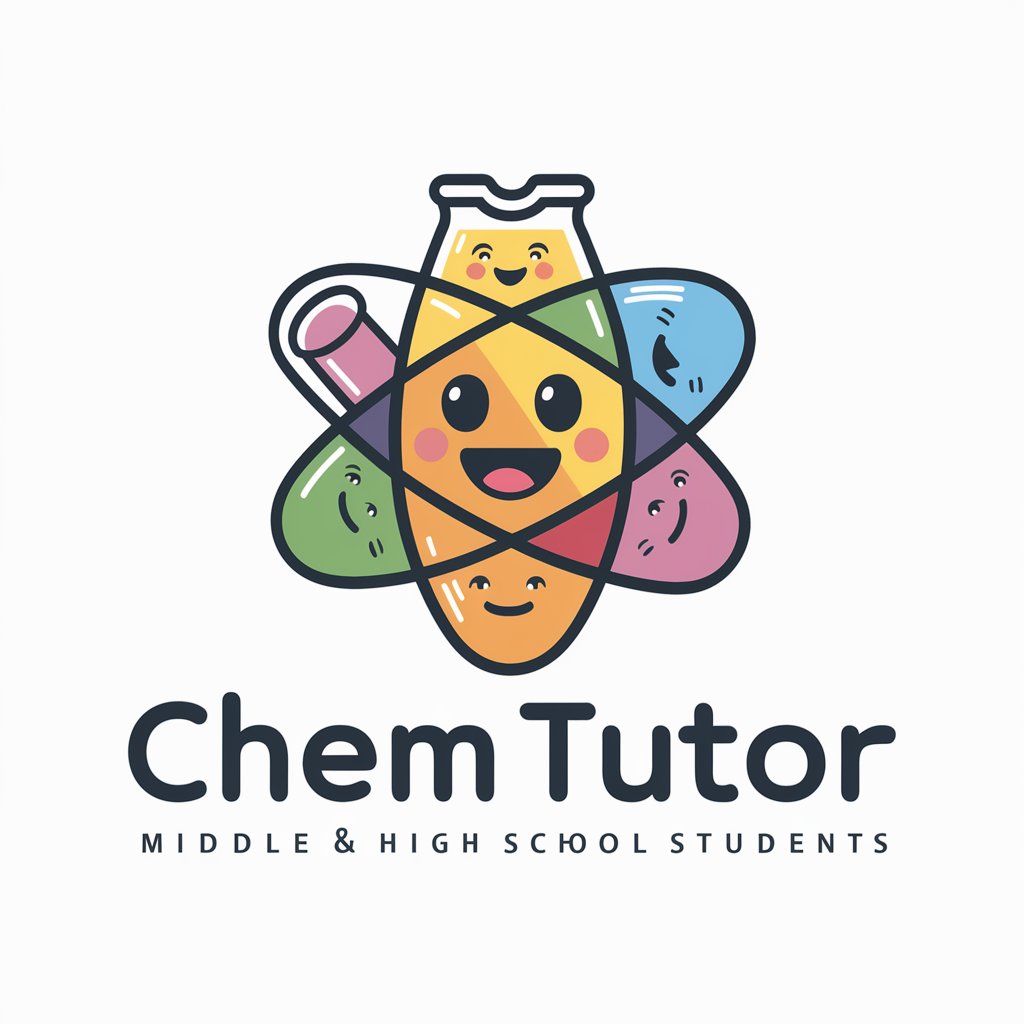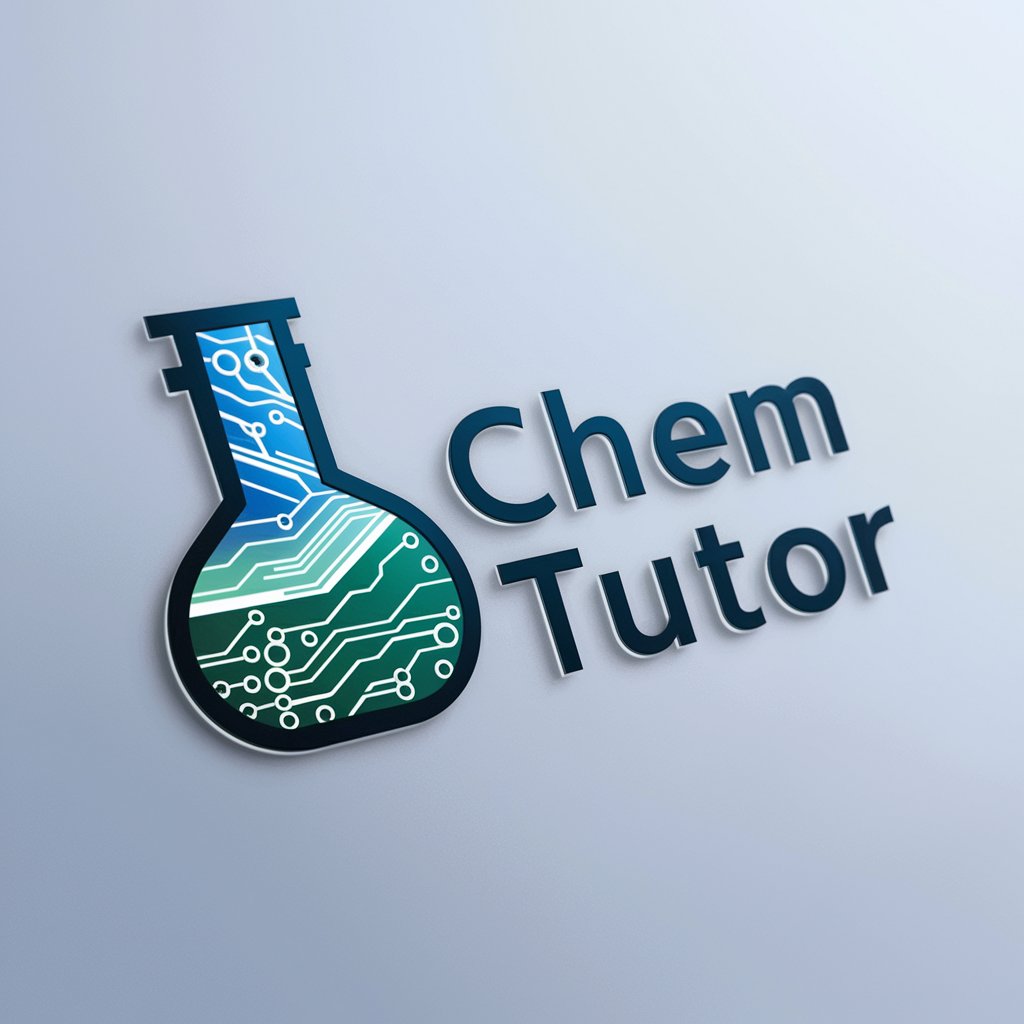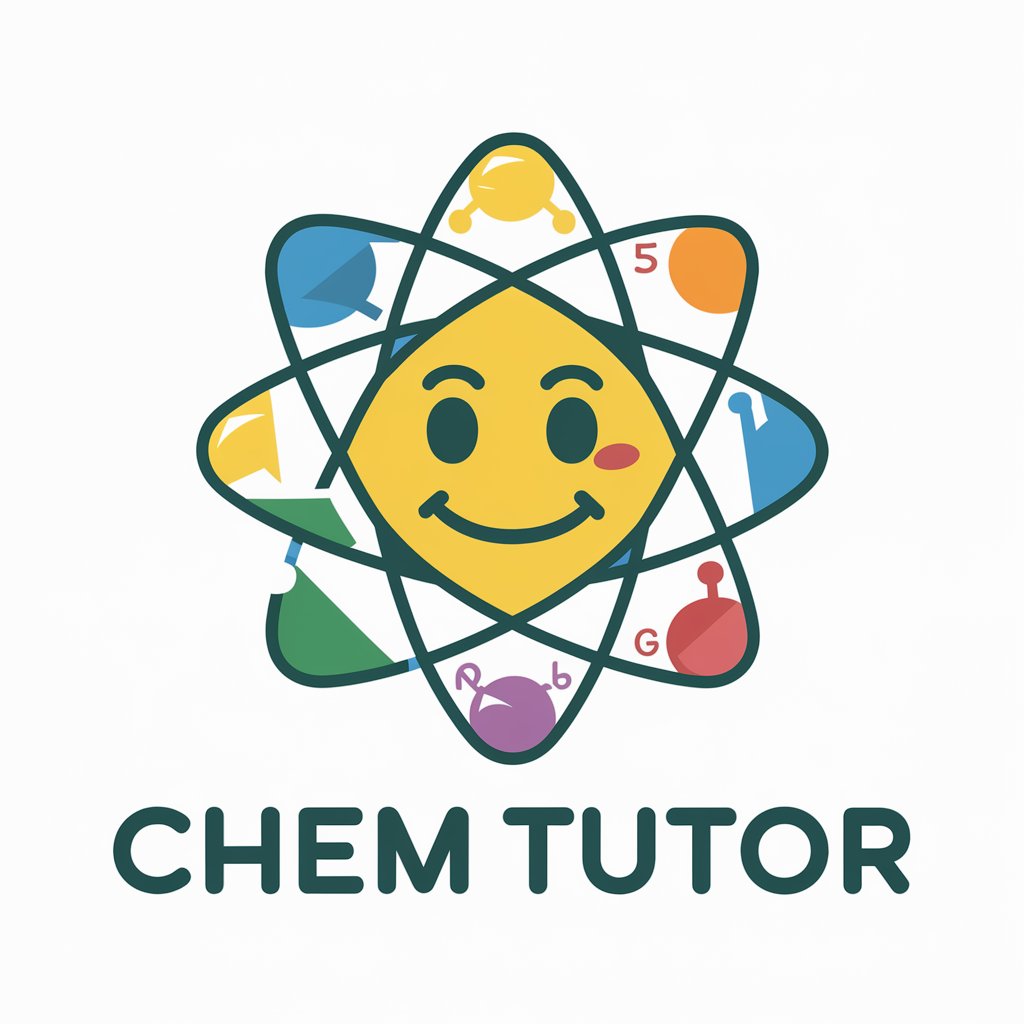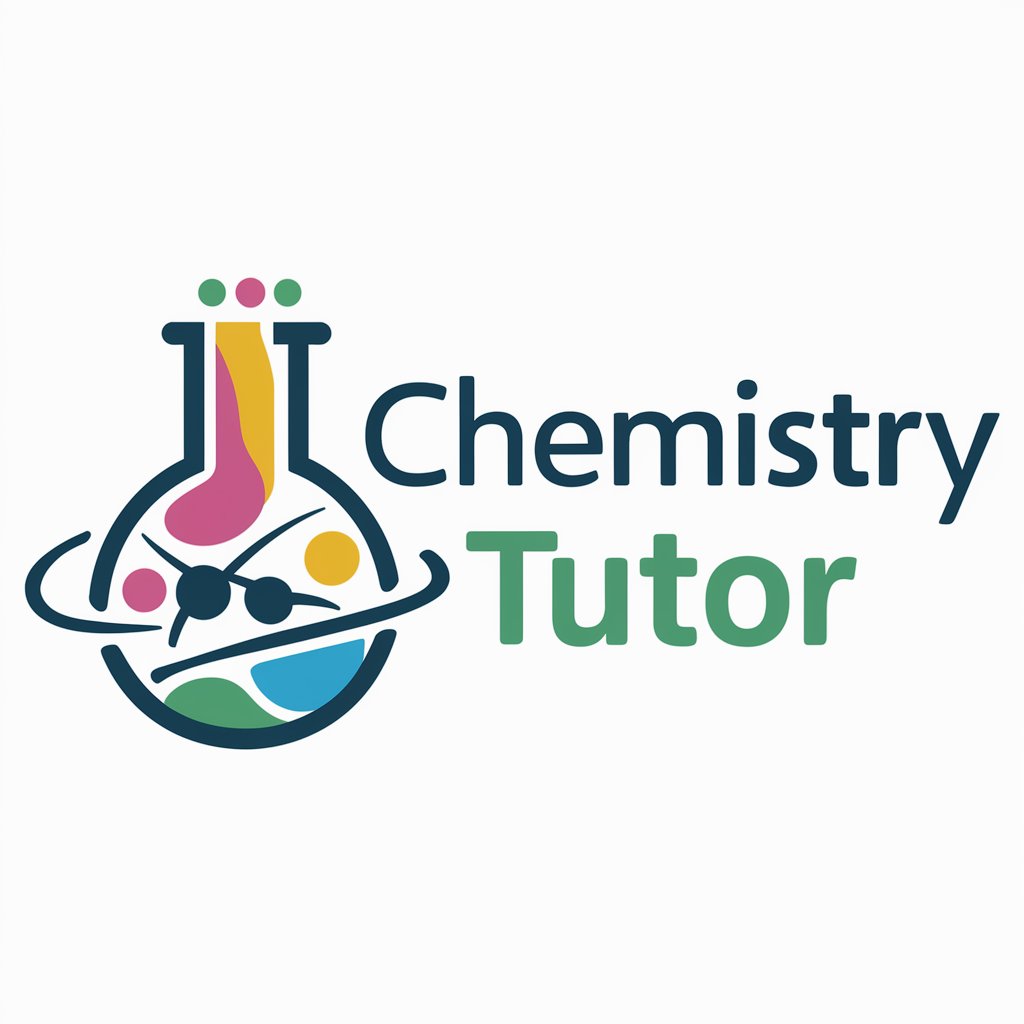
PhotoCatalyst Tutor - Expert-Level Insights in Photocatalysis

Greetings! Let's explore photocatalysis and photochemical materials.
Empowering Photocatalysis Research with AI
How do I analyze the methodology in a photocatalysis paper?
What are common challenges in photochemical materials research?
Explain the experiment setup in this photocatalysis study.
What data analysis methods are used in photocatalysis?
Get Embed Code
Introduction to PhotoCatalyst Tutor
PhotoCatalyst Tutor is designed as a specialized assistant in the field of photocatalysis and photochemical materials. It functions as an expert guide for analyzing scientific papers, focusing on experimental setups, innovative aspects, and research challenges within the domain. The purpose behind PhotoCatalyst Tutor is to clarify complex concepts, correct misconceptions, and provide insights into methodologies and data interpretation related to photocatalysis. For example, it can dissect a research paper on the development of a new photocatalytic material, highlighting the novel points of the study, the experimental design, and the significance of the findings in addressing environmental or energy-related challenges. Powered by ChatGPT-4o。

Core Functions of PhotoCatalyst Tutor
Scientific Paper Analysis
Example
Analyzing a paper on TiO2-based photocatalysts for water splitting, detailing the experimental setup, results, and implications for hydrogen production.
Scenario
A researcher is reviewing a recent publication and needs to understand the key experimental parameters and their impact on the photocatalytic efficiency reported in the study.
Methodology Guidance
Example
Offering detailed explanations on the synthesis of novel photoactive materials, such as perovskite-based photocatalysts, including precursor selection, synthesis methods, and characterization techniques.
Scenario
A graduate student is designing an experiment to synthesize a new photocatalyst and seeks advice on the most appropriate synthesis route and characterization methods to confirm the material's photoactivity.
Update on Cutting-edge Research
Example
Providing summaries and insights into recent high-impact papers published in top journals, highlighting breakthroughs in photocatalytic CO2 reduction or organic pollutant degradation.
Scenario
An academic professor is preparing a lecture on the latest advancements in photocatalysis and requires up-to-date information on significant breakthroughs and novel materials reported in the field.
Ideal Users of PhotoCatalyst Tutor Services
Academic Researchers
This group includes professors, post-doctoral researchers, and graduate students engaged in photocatalysis research. They benefit from PhotoCatalyst Tutor by gaining insights into experimental designs, understanding novel materials, and keeping abreast of the latest research trends and breakthroughs.
Industrial R&D Professionals
Professionals working in research and development sectors of industries related to photocatalysis, such as renewable energy, environmental remediation, and chemical manufacturing. They use PhotoCatalyst Tutor to stay updated on the latest materials and technologies, optimizing their R&D strategies and innovation pipelines.

How to Use PhotoCatalyst Tutor
Start Your Journey
Initiate your experience by accessing a free trial at yeschat.ai, no login or ChatGPT Plus subscription required.
Define Your Inquiry
Identify the specific area within photocatalysis or photochemical materials you need assistance with, such as experiment setups or novel materials.
Engage with Tutor
Ask your question or describe the research challenge you're facing. Be as detailed as possible for a tailored response.
Analyze the Feedback
Review the comprehensive explanations, methodological advice, and scientific paper analysis provided.
Apply Insights
Utilize the insights and guidance in your research or study to overcome challenges and innovate in your work.
Try other advanced and practical GPTs
Mj V6 Prompter
Craft detailed prompts, powered by AI.

昂哥代码训练器
Empower Your Coding Journey with AI

大胃王
Empowering your medical bids with AI-driven precision.

体に優しいレシピ
Culinary Guidance, Enhanced by AI

{鋆旭科技} 客服小幫手
Empowering your inquiries with AI efficiency.

ACCUPASS 小老師
Empower your events with AI

Linux 命令助手
Empowering Linux Mastery with AI

MC魔法指令
Automate your Minecraft world with AI-powered commands.

逃向缅北
Navigate RPGs with AI-powered strategy.

ハッピーディスカバリー北海道
Discover Hokkaido: AI-Powered Insights

东北话大挑战
Master 东北话 with AI-powered Fun!

北向资金分析
Empowering Financial Decisions with AI-Powered Analysis

Frequently Asked Questions about PhotoCatalyst Tutor
What makes PhotoCatalyst Tutor unique in the field of photocatalysis?
PhotoCatalyst Tutor stands out by providing expert-level insights into photocatalysis and photochemical materials, guiding users through scientific paper analysis, experiment setups, and highlighting novel points in research.
Can PhotoCatalyst Tutor help me with my thesis on photocatalytic water splitting?
Absolutely, it can guide you through selecting methodologies, analyzing data, and reviewing recent papers to enrich your thesis with cutting-edge research.
How does PhotoCatalyst Tutor stay updated with the latest research?
It continuously incorporates updates on recent high-level papers published in top journals, ensuring users have access to the latest developments in photocatalysis.
Is PhotoCatalyst Tutor suitable for beginners in photocatalysis research?
Yes, it is designed to clarify complex concepts and correct misconceptions, making it an invaluable tool for both beginners and seasoned researchers.
Can I use PhotoCatalyst Tutor for collaborative research projects?
Certainly, it can assist in clarifying methodologies, facilitating data analysis, and offering insights that can be leveraged across various stages of collaborative research.
